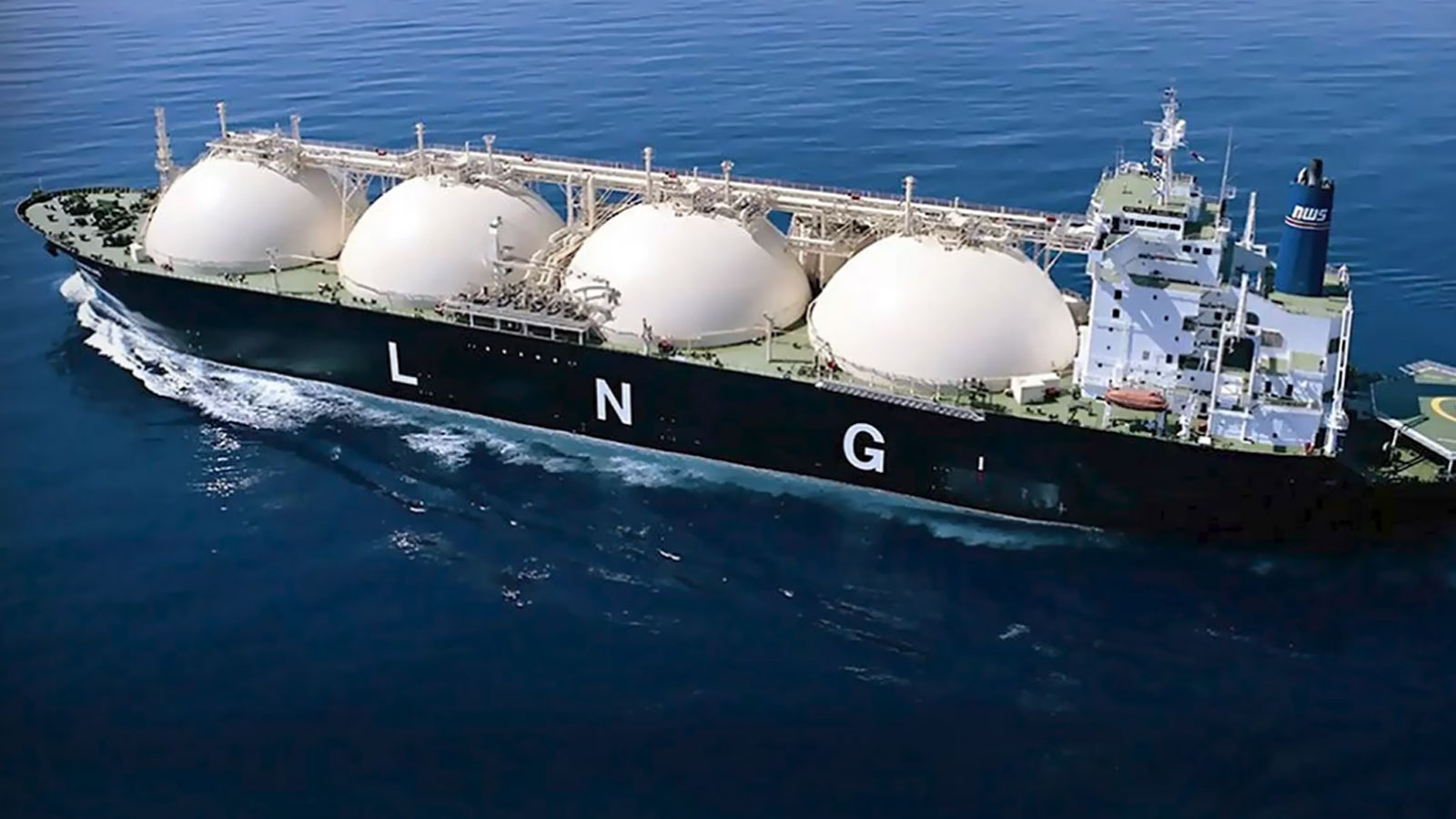“Volatile and unpredictable.” Those are the terms used in this new Yale Climate Connections video produced by independent videographer Peter Sinclair.
You can throw in other descriptors too: How about “ever- and quickly changing”? And subject to sudden ups and downs, many of them seemingly under no one’s control.
That’s the portrait of the 2021 fall and early winter situation with global energy supplies and prices, as depicted by several experts in the video.
“Demand for the product [liquified natural gas] has been off the charts,” says Cheneire Energy CEO Jack Fusco.
University of Bristol professor Hannah Bloomfield points to what she calls a “unique” three-month-long wind drought at sea between April and September, bringing wind turbines to a virtual halt. Others in the video point to soaring demand as countries’ economies were attempting to rebound from COVID-driven slowdowns and shutdowns, during which suppliers failed to build-up adequate supplies for rising economies thirsty for more energy.
Energy, international politics, and economics guru Daniel Yergin points to gas earlier exported to Western Europe and the United Kingdom going instead to China. Another expert, Mikhail Krutikhin, co-founder of RusEnergy Consultancy, points a firm finger at Russia, saying it reduced shipments of gas supplies to Europe for “purely political reasons …. We know that Russia could very easily provide additional gas to Germany and to other countries.”
With increased U.S. exports of natural gas, consumers across the country may find themselves more exposed to global price swings for a fuel widely used for both electrical generation and home heating. As fossil fuel prices increase, shifts to renewable energy, solar, and wind may increase as consumers try to buffer themselves from the increasingly volatile swings in the market for natural gas. Similarly, lower fossil fuel prices temper momentum for renewable energies. The pendulum continues.
“We’re in this problem because we’re actually decarbonizing very slowly,” says Bloomfield. “If we’d have pushed through, and had really gotten a bit further with our decarbonization, the problem might not have been as big … It looks like it’s going to be quite a challenging winter across most of Europe.”
Given record warmth in North American during much of December and with global political and pandemic concerns frequently changing, it’s best to view the video as a “snapshot in time” – more as a look at some major factors influencing how things have gotten to where they are in 2021, and not so much as a precise crystal ball for anticipating what’s coming ahead in 2022 in terms of global energy pricing ups and downs.
As Bloomfield reminds us, “It’s a bit of one thing after another.” Stay tuned.
Source link


